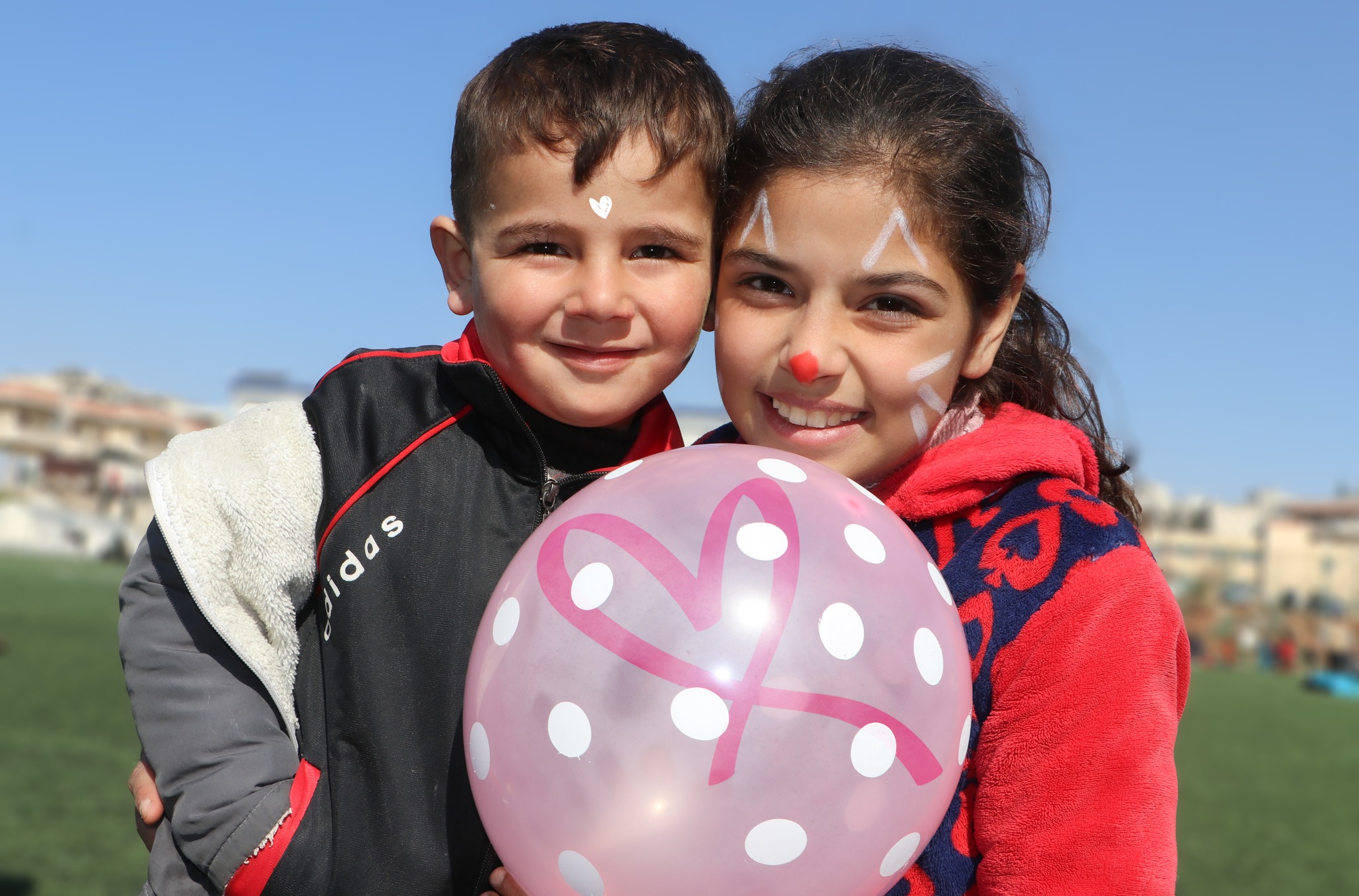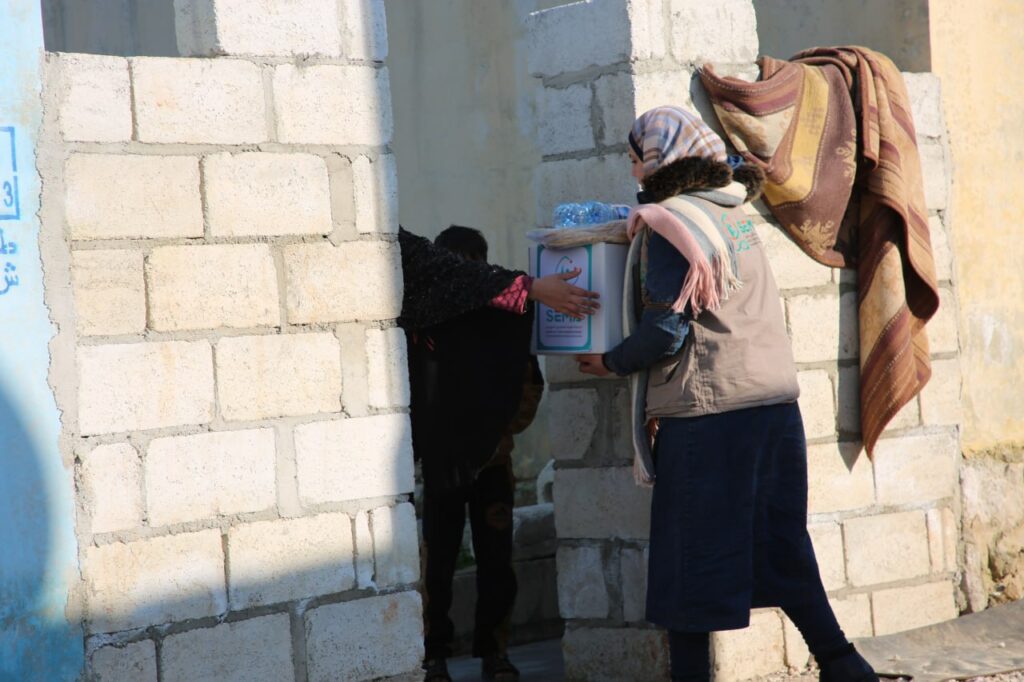Fasting Ramadan is obligatory for all Muslims, as Allah (SWT) commanded His servants to fast in the Holy Qur’an Saying:
“O believers! Fasting is prescribed for you—as it was for those before you—so perhaps you will become mindful ˹of Allah˺.” [Al-Baqarah 2:183]
This article explores the impact of Fasting on the body, delving into the myriad benefits Ramadan fasting bestows upon physical and psychological health.
Moreover, it aims to guide preparing for Ramadan fasting, offering essential tips to ensure that the fast is observed in a manner that upholds good health.
The Importance of Ramadan in Islam
Narrated by Ibn’ Umar, the Messenger of Allah [PBUH] says:
“Islam is built on five (pillars): Testimony that there is none worthy of worship except Allah, establishing Salah, giving Zakah, Hajj, and fasting Ramadan.” [Sunan an-Nasa’i 5001].
Ramadan holds profound importance in the Islamic faith, standing as one of the fundamental pillars of Islam. This sacred month isn’t merely a period of abstinence from food and drink; it is a spiritual journey believers embark on worldwide.
It’s a time for repentance and redemption, fostering closeness to Allah and unity within the community. More than a religious obligation, Ramadan is a season of purifying the soul, seeking forgiveness, and drawing nearer to the Creator.
As Narrated Abu Huraira: Abu Huraira reported Allah’s Messenger (PBUH) as saying:
“When it is the month of Ramadan, the gates of mercy are opened, and the gates of Hell are locked, and the devils are chained.” [Sahih Muslim 1079b].
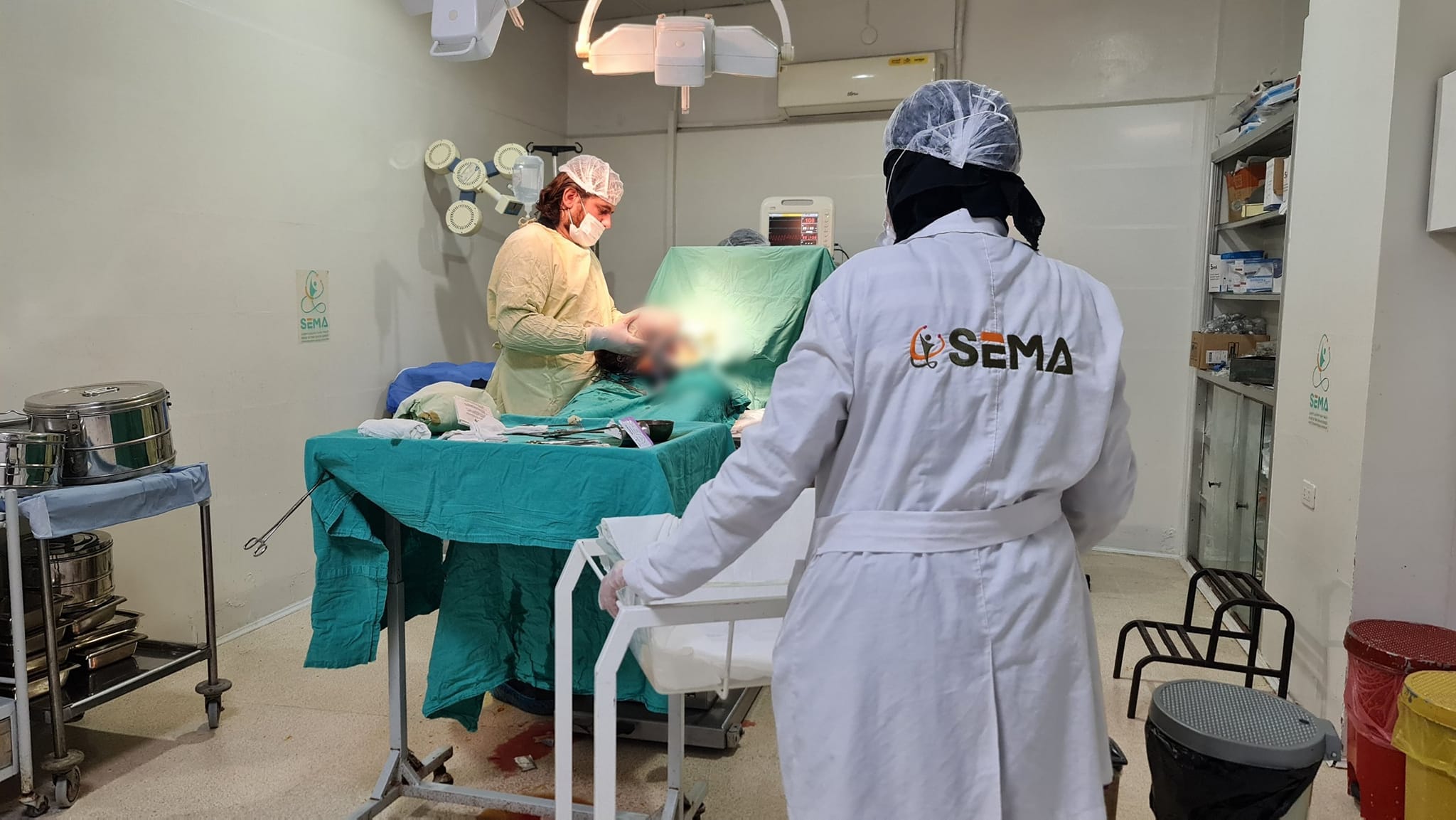
Virtue of Fasting Ramadan
The virtues of fasting Ramadan are deeply rooted in Islamic teachings, illustrating its significance as a spiritual and transformative practice.
- Among the most esteemed virtues is the expiation of sins; fasting in Ramadan serves as a means to seek forgiveness and purification.
Narrated Abu Huraira: Allah’s Messenger (PBUH) said:
“Whoever observes fasts during the month of Ramadan out of sincere faith and hoping to attain Allah’s rewards, then all his past sins will be forgiven.” [Sahih al-Bukhari 38].
- Fasting is a form of worship that directly pleases the Almighty, serving as a personal devotion to Allah (SWT).
Abu Hurairah said: I heard the Messenger of Allah (PBUH) say:
“Allah, the mighty and sublime, said: Every deed of the son of Adam is for him, except fasting; it is for me, and I shall reward for it. By the one in whose hand is the soul of Muhammad, the smell coming from the mouth of the fasting person is better before Allah than the fragrance of musk.” [Sunan an-Nasa’i 2218].
Fasting Ramadan is regarded as a protective shield and a means of spiritual elevation. It provides believers immense joy upon breaking the fast and the promise of ultimate delight when meeting their Lord. This noble act, combined with other righteous deeds, is a path to attaining Paradise.
Ramadan and Health
Fasting Ramadan extends beyond its spiritual significance, presenting notable advantages for physical and mental well-being. Physicians often advocate fasting due to its tangible effects, emphasizing two fundamental categories of benefits:
Benefits of Fasting on Physical Health
The advantages of fasting for physical health are numerous, encompassing:
- Improved Blood Health: Increased red and white blood cells and platelets, reduced blood pressure, and enhanced insulin sensitivity.
- Balanced Body Fat: Decreased triglycerides, lower harmful cholesterol, and increased good cholesterol in the blood, achieving a balanced body fat percentage.
- Metabolic Rebalancing: Restores and normalizes basic body processes like metabolism.
- Disease Prevention: Helps rid the body of disease-causing factors such as inflammation, potentially preventing heart disease and cancer triggers.
- Weight Management: Assists in weight loss and maintaining a healthy weight, especially when paired with an appropriate diet and exercise regimen during and after Ramadan.
Benefits of Fasting on Mental Health
Fasting contributes significantly to mental health and Enhanced Psychological Stability by:
- Alleviation of Depression: Helps balance hormones and emotions, significantly alleviating depressive symptoms.
- Treatment for Addictions: Exhibits effectiveness in treating various forms of addiction.
- Soul Refinement and Willpower: Contributes to soul refinement and strengthens individuals’ determination to transform their lives positively.
- Reduced Symptoms: Mitigates anxiety, anger, and insomnia severity by channeling internal energy towards vital bodily processes.
- Social Connection and Optimism: Combining fasting with social contact during iftar and suhoor helps avoid isolation, instilling hope and positivity.
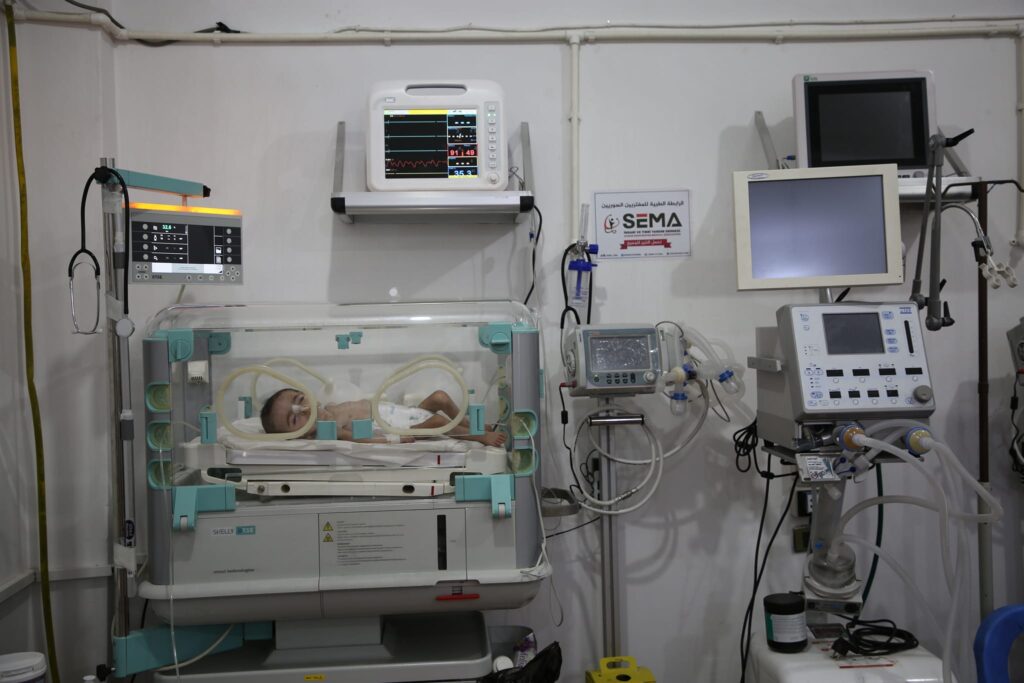
The Holistic Approach to Healthcare
Achieving the multifaceted benefits of fasting necessitates an integrated and balanced approach to daily health practices. It encompasses various aspects of Adopting healthy habits:
- Balanced Breakfast: Start with water and dates, followed by nutrient-rich soup, leading to a balanced meal with vegetables, lean meats, and whole grains.
- Nutritious Suhoor: Opt for a balanced and energy-giving suhoor meal for sustained energy throughout the day.
- Maintain Hydration: Ensure adequate fluid intake by reducing caffeinated drinks and increasing water and herbal tea consumption, aiding digestion and toxin elimination.
- Moderate Exercise: Engage in moderate exercise, staying hydrated to enhance fasting benefits and combat inactivity.
- Commit to Healthier Habits: Utilize Ramadan as a launching point for healthy habits, such as increased vegetable intake, hydration, and regular exercise, while avoiding detrimental habits like excessive sugar intake and smoking.
SEMA’s Initiatives during Ramadan
As Ramadan dawns upon us, countless refugees and displaced individuals endure the harsh realities of deprivation and poverty, exacerbated by years of relentless conflict.
Amidst these trying circumstances, health becomes their paramount asset—often the only means to navigate their arduous days.
Recognizing the profundity of charity during Ramadan, our focus at the Syrian Expatriates Medical Association (SEMA) remains dedicated to delivering comprehensive physical and mental health services to those in need.
The camps sheltering these vulnerable souls face immense challenges, especially concerning medical care accessibility. Many hospitals have ceased operations due to support suspension, leaving thousands—children, mothers, pregnant women, and the elderly—without proper medical attention.
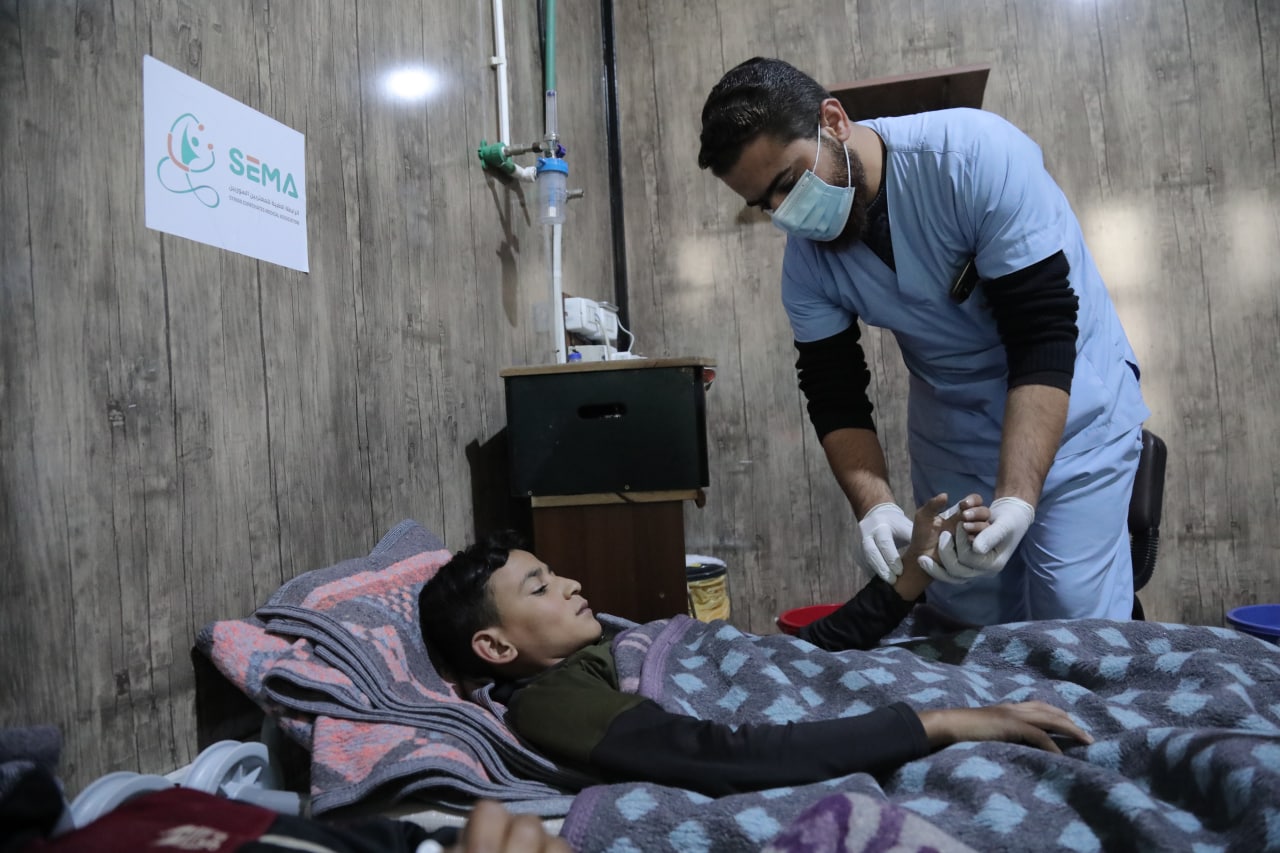
Protect Your Brother’s Health This Ramadan!
Anas narrated that the Prophet was asked which fast was most virtuous after Ramadan. He said: “Sha’ban in honor of Ramadan.” He said: “Which charity is best?” He (PBUH) said: “Charity in Ramadan.”
[Jami` at-Tirmidhi 663].
We implore you to join hands with SEMA by contributing to our programs and extending your generosity to those in need during this month of mercy and compassion.
Our campaign is a genuine opportunity to offer your Zakat and charity, providing vital support to lives ravaged by war, displacement, and the ongoing pandemic.
Ensure that your donations will reach their intended recipients honestly and honestly!
FAQs
Is fasting safe for everyone, including those with medical conditions?
Fasting might not be suitable for individuals with certain medical conditions. Those with health issues should consult their healthcare provider before fasting to ensure it’s safe for them.
Are there specific recommendations for pregnant or breastfeeding women during Ramadan?
Pregnant or breastfeeding women are exempt from fasting if it poses a risk to their health or their child’s well-being. It’s advised they consult a healthcare professional for guidance.
How does SEMA support individuals with special needs during Ramadan?
SEMA offers comprehensive healthcare services to cater to individuals with special needs, ensuring they receive medical attention and support throughout Ramadan.
Does SEMA provide Zakat-al-Fitr or other charitable support during Ramadan?
SEMA facilitates charitable support, including Zakat-al-Fitr and various aid programs, extending help to those affected by war, displacement, and the pandemic during Ramadan.
Read More:
Fasting and Giving: Strengthening Our Faith During Ramadan
The Do’s and Don’ts of Taking Medications While Fasting
Maximizing Good Deeds: Last 10 Days of Ramadan for Helping the Needy
What Are the Benefits of Giving to Charity During Ramadan?
Unlocking the Hidden Health Secrets of Ramadan Fasting
Donate with Purpose: Sadaqah for Illness at SEMA
Understanding Kaffarah: Obligations and Benefits
Zakat al Mal Decoded: Impact on SEMA’s Mission
Sadaqah Jariyah for Education: SEMA’s Educational Initiatives
Resources


